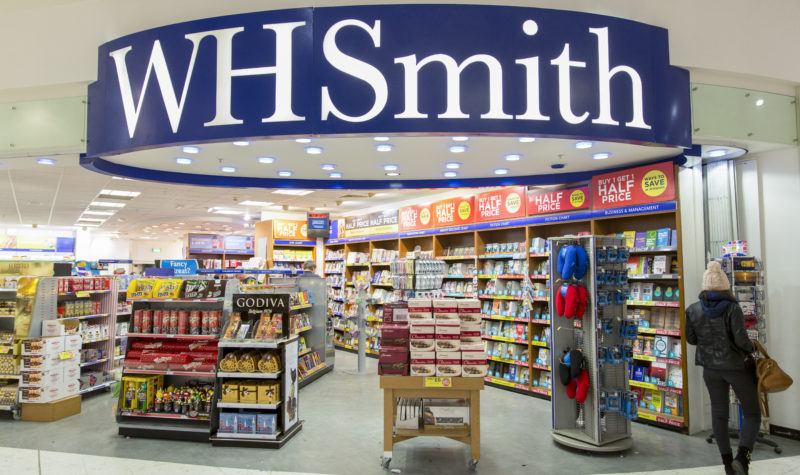Why these FTSE 250 stocks could make post-Brexit gains

| Master Investor Magazine
Never miss an issue of Master Investor Magazine – sign-up now for free! |
Robert Stephens, CFA, discusses the prospects for three UK-focused FTSE 250 companies post-Brexit.
Brexit has finally taken place, but investors may now switch their attention to the likelihood of a trade deal being signed between the UK and EU by the end of the year.
This could keep the valuations of UK-focused stocks pegged back in the short run, and may mean there are a wide range of companies that offer long-term investment appeal throughout 2020.
Many of them are likely to be found in the FTSE 250, since it has a greater domestic focus than the relatively international FTSE 100. As a result, investors may wish to focus on attractive mid-cap stocks, which could offer long-term growth potential.
Housebuilding
It’s been a busy year for Vistry Group (LON:VTY). As well as changing its name from Bovis and acquiring Galliford Try’s Linden Homes and regeneration business, it has made progress in improving the build quality of its homes. This could lead to it becoming a HBF five-star housebuilder by the end of the year, according to the company’s recent trading update.
Improving customer satisfaction metrics suggest that Vistry’s strategy is working well. It had experienced a significant amount of customer complaints in the past few years, but now seems to be in a strong position to capitalise on a potent mix of low interest rates, a shortage of housing supply and favourable government policies.
Investor sentiment towards housebuilders could remain weak in 2020. But Vistry’s forward price-earnings ratio of 10.2 suggests that it offers long-term investment appeal.
Retailing
Brexit may have contributed to weak consumer sentiment since the 2016 referendum, but online retailing has proved to be the biggest threat to bricks-and-mortar operators over the past few years.
One company that is faring better than most in adapting to an omnichannel world is furniture retailer Dunelm (LON:DNLM). Its second quarter trading update included a 32% like-for-like growth rate in online sales. They only represent 15% of its total sales at the moment, but could become an increasingly important part of its business that catalyses its top and bottom lines.
Dunelm’s forward price-earnings ratio of 21 may not be cheap, but its ongoing investment in online sales and its positive store sales growth performance suggest it could outperform the wider retail industry.
Travel retailing
WH Smith (LON:SMWH) may have a high street presence, but it is the company’s travel locations which are proving to be the main drivers of its financial performance.
For instance, its Christmas trading update showed a 19% rise in travel retail sales and a 5% drop in high-street sales. It plans to open 15-20 new travel stores in the UK this year, and is rapidly expanding its international presence following the acquisition of travel retailer MRG in December 2019.
As with Dunelm, WH Smith is not a cheap retail stock. It trades at 20x forecast earnings for the current year. But the growth potential of its travel business and its forecast rise in earnings of 10% next year suggest it could offer long-term investment appeal while investors are somewhat pessimistic about the UK’s economic outlook.

Comments (0)